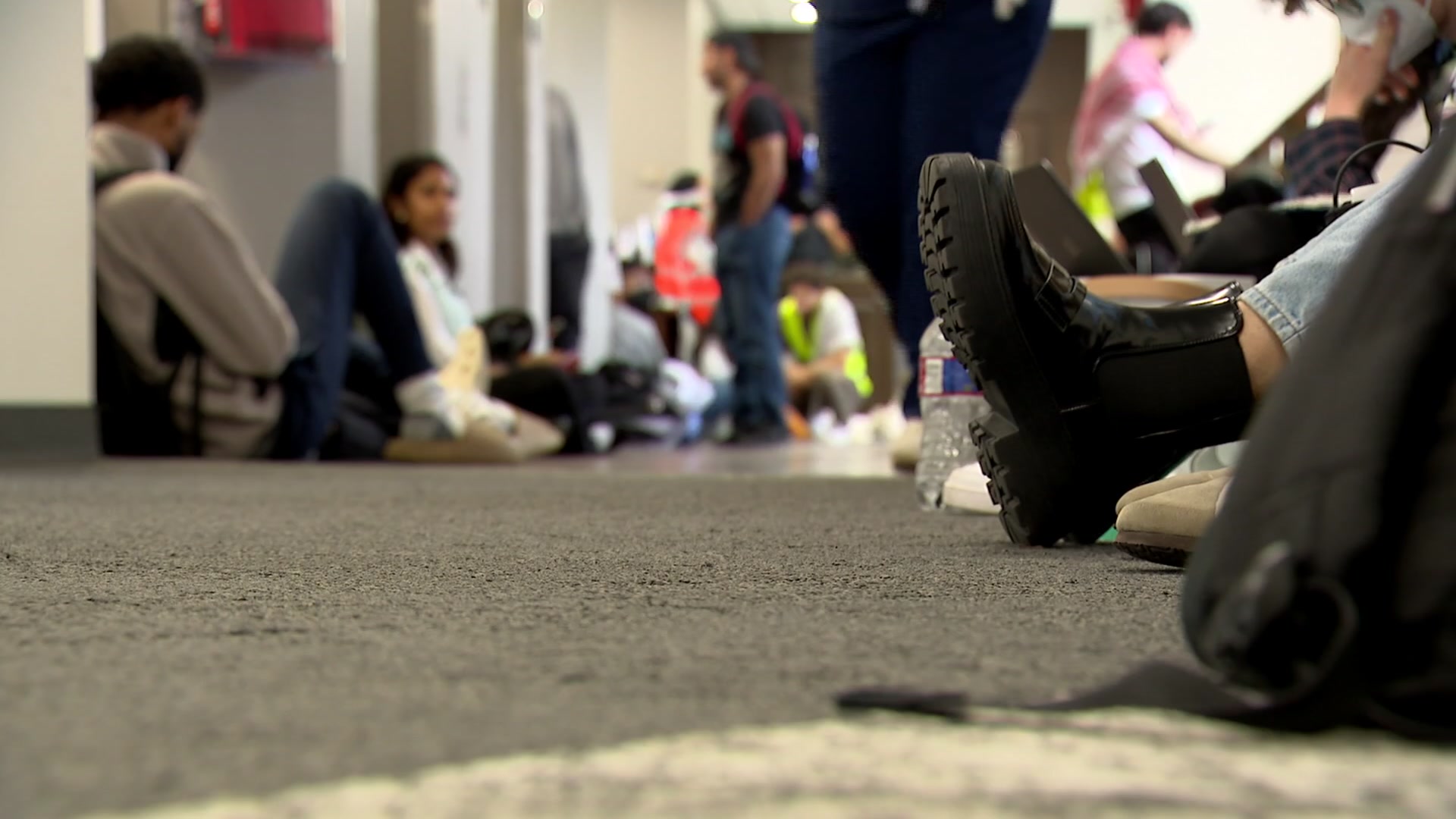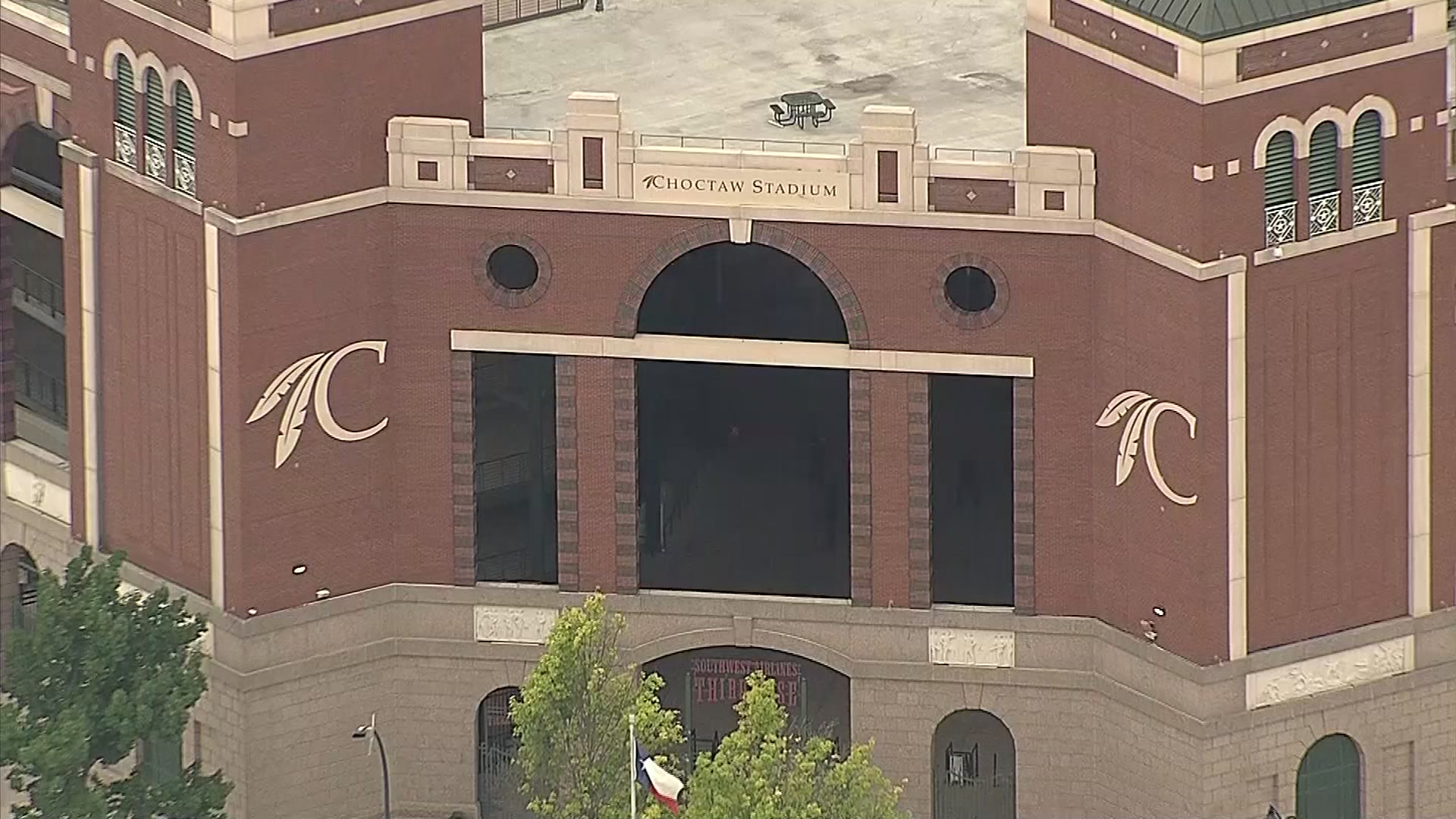What to Know
- North Texas leaders met at a Climate Change Symposium in Dallas.
- Local experts said the climate vulnerability is impacting our health.
- Dallas city leaders say by 2020, they will have a plan approved to slowly ramp down emissions.
From escalating wildfires in California that broke three records in 12 months, to the monstrous hurricanes and devastating floods along the Gulf Coast, severe weather events are becoming more common.
"Some people may say well, if we already get all those naturally, what's the big deal? The big deal is that climate change is loading the dice against us. It's taking those dice and decade by decade it's replacing another and another and another with a six," said Dr. Katharine Hayhoe, a professor & climate scientist at Texas Tech.
Dr. Hayhoe is a world renowned climate scientist. She gave the keynote speech at the North Texas Climate Change Symposium in Dallas Monday. She said since 1980, Texas has seen 105 weather and climate disasters that have caused at least $1 billion in damage. She calls Dallas one of the most vulnerable cities in the country.
"Texas Trees Foundation conducted a study with Dr. Brian Stone at Georgia Tech and found that Dallas is heating up at the third highest rate, behind just Phoenix and Louisville," said James McGuire, director of the Office of Environmental Quality in Dallas.
Local experts said the vulnerability is impacting our health.
"Tropical diseases that we never would have had as the breeding season for these insects get longer, Chikungunya, West Nile," McGuire said.
Local
The latest news from around North Texas.
The symposium was the first chance for the public to interact on the city's Comprehensive Environmental and Climate Action Plan that got the go ahead from the Dallas City Council late last month.
"By 2020, we'll have a plan approved and in place and it's gonna include goals for us to slowly ramp down our emissions," McGuire said.
"What can we do to build resilience to the impacts of a changing climate? And how can we ensure that Texas continues as an energy leader in the coming century," Dr. Hayhoe asked.
She said while there are many steps we can take, the first one is simply to talk about it.
"It wasn't a concern for me at first and now it's just like okay, maybe I should read more about this and see what's been going on more often," said Zuri Davis, a student at Paul Quinn College who attended the symposium. "Just like I was before I came here, people are not thinking about these type of things."



